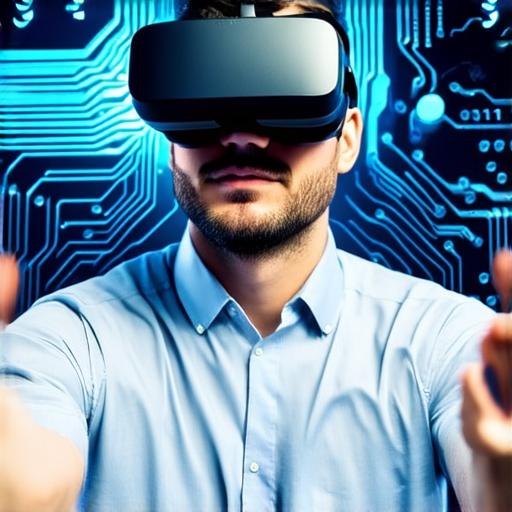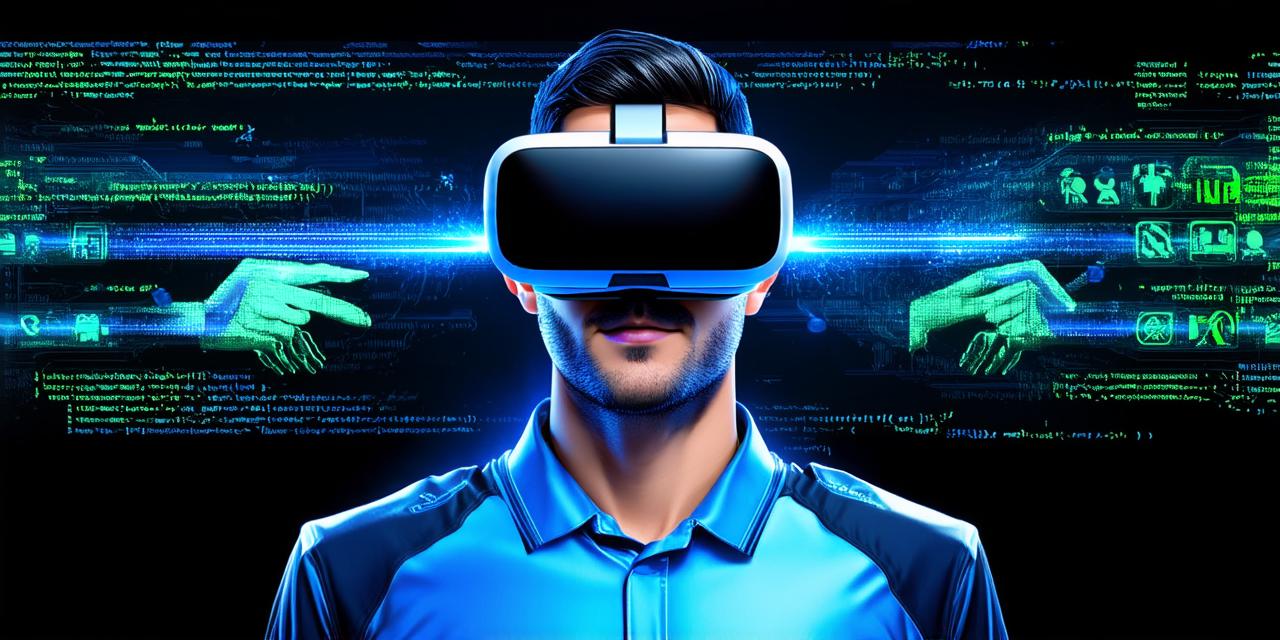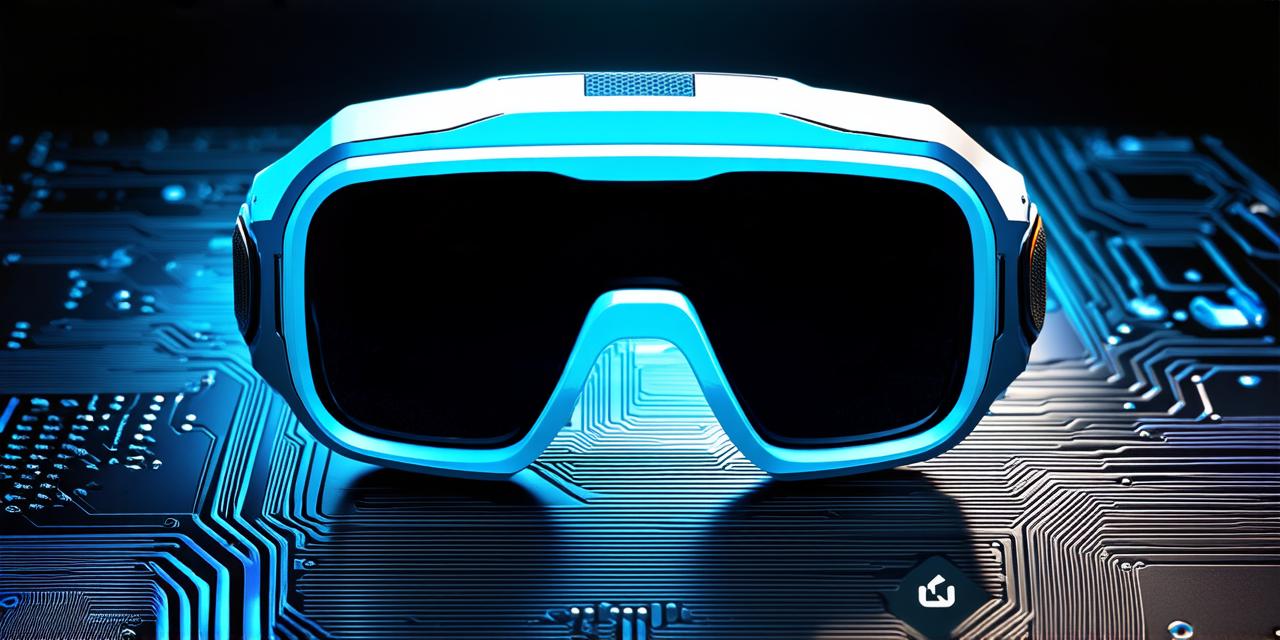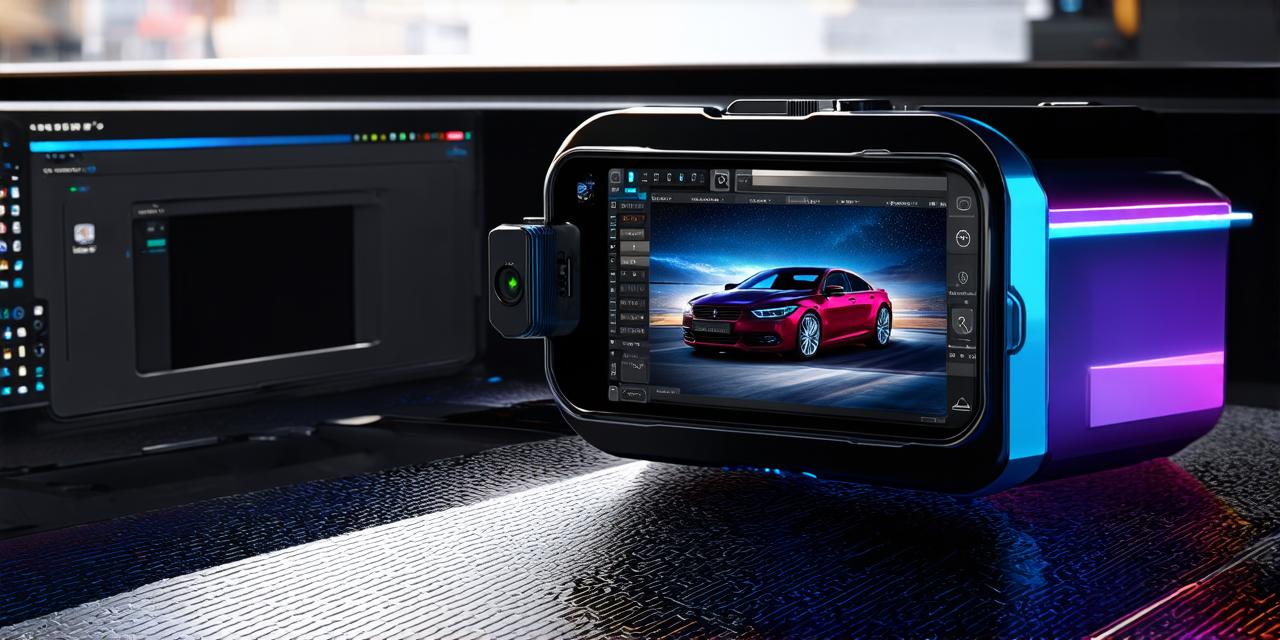What are the key skills required for VR development?
- Programming Skills: VR development requires a strong foundation in programming languages such as C++, Unity, or Unreal Engine. Developers should have experience with 3D modeling and animation tools like Blender or Maya.
- Understanding of Human-Computer Interaction (HCI): VR developers need to have a deep understanding of HCI principles and how they apply to virtual environments. They should be able to design intuitive interfaces that are easy to use and provide an immersive experience for the user.
- 3D Design Skills: Developers should have a good grasp of 3D design principles, including geometry, lighting, and texturing. They should also be familiar with tools such as Photoshop and Illustrator for creating assets and designing environments.
- Knowledge of VR Hardware and Software: VR developers need to understand the hardware and software requirements for their projects, including the capabilities of different VR headsets and controllers. They should also be familiar with the latest trends in VR technology and how they are impacting development.
- Problem-Solving Skills: VR development can be challenging, and developers need to have strong problem-solving skills to overcome obstacles and find creative solutions. They should also be able to think outside the box and come up with innovative ideas for new projects.
- Collaboration Skills: VR development often involves working in teams, so developers need to be able to communicate effectively and collaborate with others to achieve shared goals.
- Creativity: VR development requires a lot of creativity, as developers need to come up with unique and engaging experiences that will capture the user’s imagination. They should be able to think outside the box and come up with innovative ideas for new projects.
- Patience: VR development can be slow and challenging at times, and developers need to have patience to see their projects through to completion.
- Adaptability: VR technology is constantly evolving, and developers need to be able to adapt to new tools, platforms, and software updates. They should also be willing to learn new skills and technologies as needed.
Tips for acquiring essential VR development skills

- Start with the basics: Before diving into more advanced topics, it’s important to have a solid foundation in programming and 3D design principles. There are many online resources available that can help you learn these skills, including tutorials, courses, and forums.
- Practice makes perfect: The best way to improve your VR development skills is to practice regularly. There are many open-source projects available that you can contribute to, which will give you valuable experience and help you build your portfolio.
- Attend conferences and workshops: Attending conferences and workshops can be a great way to learn from experienced VR developers and stay up-to-date with the latest trends in the industry. These events often include hands-on sessions and demonstrations that can help you gain practical experience.
- Collaborate with others: Working with other developers can be a great way to learn new skills and gain valuable insights into the VR development process. You can collaborate on open-source projects or even start your own development studio.
- Keep learning: The VR industry is constantly evolving, and it’s important to stay up-to-date with the latest technologies and tools. There are many online resources available that can help you continue learning and improving your skills, including blogs, videos, and forums.
Real-life examples of successful VR developers
- John Carmack: John Carmack is a legendary game developer who co-founded id Software and created the Doom and Wolfenstein series. He has also made significant contributions to VR development, including creating the Oculus Rift and Vive prototypes.
- Palmer Luckey: Palmer Luckey is the founder of Oculus VR, which was acquired by Facebook for $2 billion in 2014.


